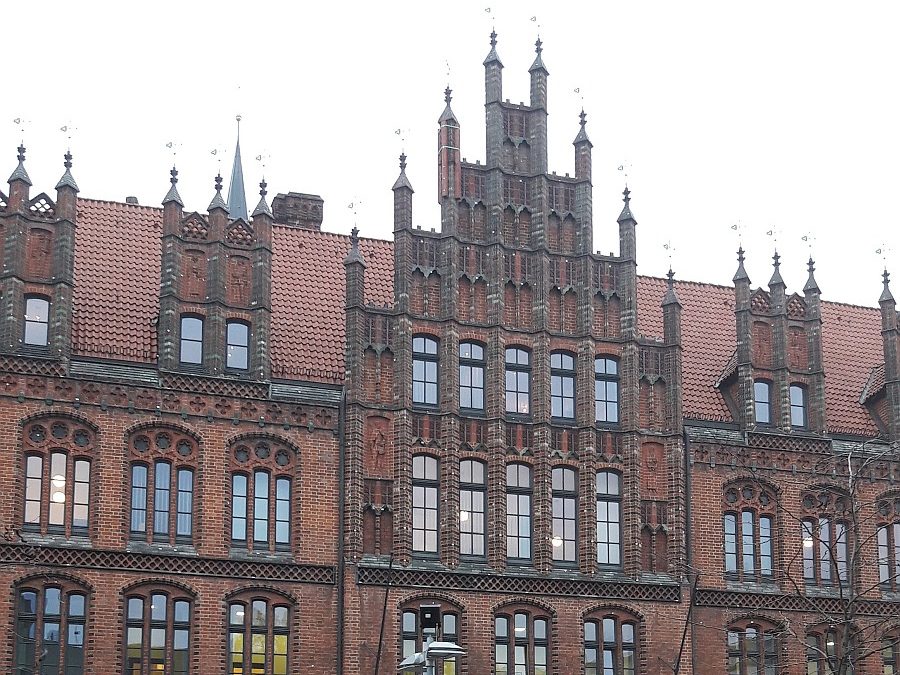Improving the CO2 balance with the help of renewable energies was the focus of the presentations and discussions at this year’s 10th Lower Saxony Energy Days. Experts from aconium GmbH as well as specialists and decision-makers from science, politics and business discussed practicable solutions for implementing the energy transition at the event on November 7 and 8 in Hanover’s Old Town Hall.
The common starting point for all participants at the Energy Days was the statement that the pace of decarbonization of the energy industry must be increased in order to achieve the Paris climate targets by 2050.
Lower Saxony’s Minister for the Environment, Energy and Climate Protection, Stefan Wenzel, emphasized that the further unchecked development of CO2 concentrations would lead to irreparable effects on the climate. For example, the average annual temperature and the frequency of extreme weather conditions have been increasing for decades as a result of man-made climate change. Referring to the German Advisory Council on the Environment, Wenzel emphasized that 95 percent of the fossil resources currently available must remain in the ground and that almost 100 percent of the energy supply must instead come from renewable energies by 2050 in order to stop this trend. Based on this premise, the two-day event discussed ways of improving the CO2 balance through electricity from renewable energies. One important approach is sector coupling. This means that the electricity generated from renewable sources is also made available for the other two energy sectors, i.e. for fuel and heat supply. Many participants at the Energy Days saw power-to-gas as currently the most realistic option for storing electricity generated from renewable sources in hydrogen or methane. The topic of power-to-gas and the contribution of gas grids was therefore highlighted in four specialist forums. However, the challenges of sector coupling for the already heavily utilized electricity grid, the identification of key technologies in the field of sector coupling and the willingness of citizens to contribute to the success of the energy transition were also important topics. After two intensive days, the participants formulated their final demands on politicians. The focus here was on the development of a master plan for Power-to-X and sector coupling, which is an essential element for the success of the energy transition.
aconium GmbH has been working intensively on the topics of renewable energies and the energy transition for years in numerous projects – including with a focus on designing and promoting the construction of low-emission buildings(ZEROCO2), hydrogen as a fuel(HyTrEc), reducing CO2 emissions and increasing energy efficiency(LOWCAP) or renovating existing properties with a particular focus on their energy efficiency(REBUS).

Photo above: The Old Town Hall in Hanover, venue of the 10th Lower Saxony Energy Days. 7.11.2017.
Photo below: Title slide of the 10th Lower Saxony Energy Days on 7.11.2017 in the Old Town Hall in Hanover.
Photo credits: aconium GmbH/Frank Kensy

